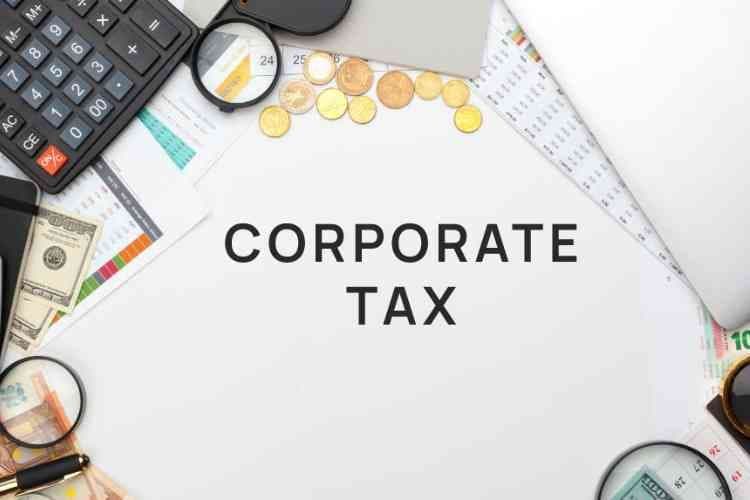For any enquiries or information, contact ask@tlr.ae or call us on +971526443004

UAE: Do’s and dont's of new corporate tax
Corporate tax is a direct tax on the net profits gained by businesses and entities from their trade. The Federal Tax Authority (FTA) will be responsible for the administration, collection, and enforcement of the corporate tax.
The Ministry of Finance announced in January 2022 that a Federal Corporate Tax (CT) of 9% on net business profits will be implemented in all emirates. Companies with a net profit exceeding AED 375,000/- are subject to corporate tax at specified rates.
Corporate Tax applies to businesses from the beginning of their first financial year that commences on or after 1st June 2023 or on 1st January 2024, as per the UAE Federal Decree-Law No. 47 of 2022. According to the regulation, companies must create their financial statements using UAE accounting standards.
The tax enhances the UAE's status as a leading global hub for trade and investment, promote economic growth, adhere to international tax transparency standards, and deter harmful tax practices.
It applies to individuals conducting business or engaging in other commercial activity in the UAE through an unincorporated partnership or sole ownership, any individual incorporated in the UAE with a commercial license, and any foreign entity or individual with a permanent institution in the UAE
According to the UAE government’s official portal, the following are exempted from paying Corporate Tax:
- Businesses engaged in the extraction of natural resources.
- Profits earned by a UAE business from its shareholdings.
- Qualifying intra-group dealings and reorganizations.
- Personal earnings like salary, investment in real estate, shares or other securities, etc.
- Income from bank deposits, savings plans, dividends, capital gains, interest, royalties, and other investment returns.
- Earnings of foreign investors who don't conduct business in the UAE.
Free zone companies will continue to follow their pre-agreed regulations, but the rules may change any day. If free zone businesses do trade with mainland businesses, they will have to pay the corporate tax on that particular income.